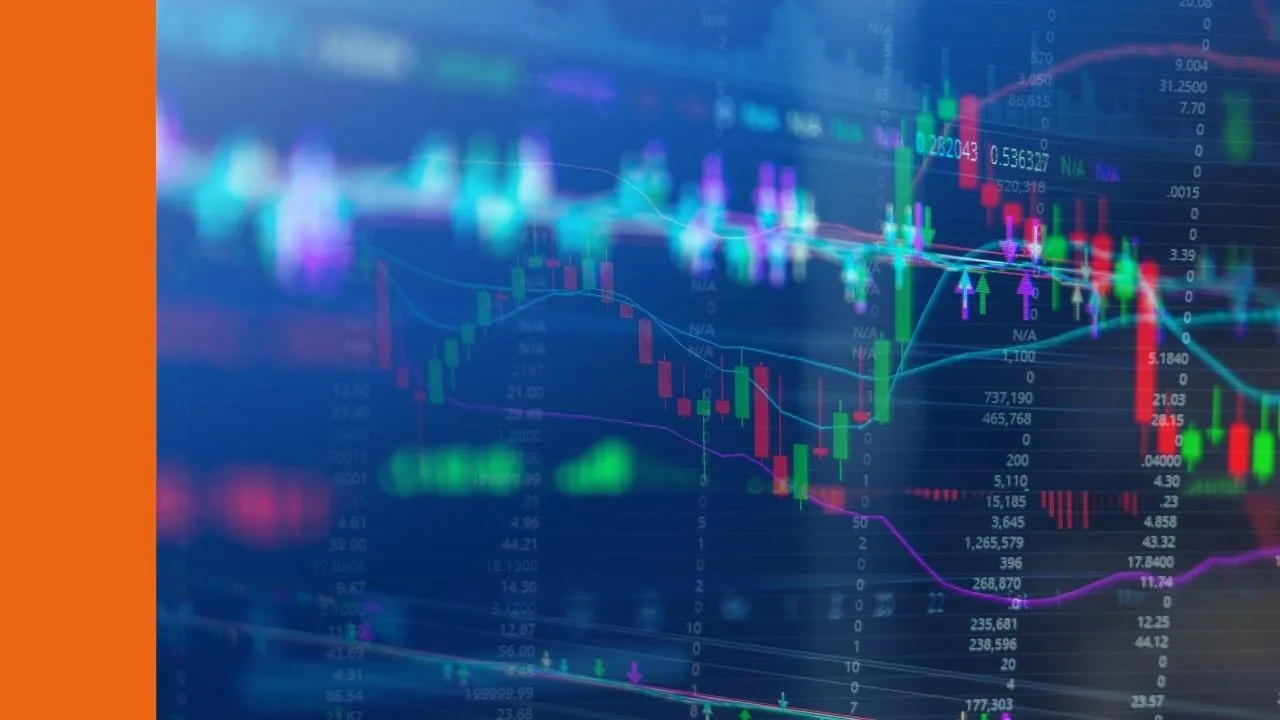Investing can seem complex when you’re first getting started, but it doesn’t need to be. Here’s why I think the Vanguard Australian Shares Index ETF (ASX: VAS) is a great first investment.
Why choose ETFs?
If you asked someone on the street what they thought of when they heard the term “investing”, they’ll probably conjure up an image of a Wall Street stock broker shouting down the phone, or they might say it’s something that rich people do.
The truth is, investing doesn’t need to be hard.
The problem with these images of investing is that it makes people think they need to have some special knowledge or information that others don’t have to be able to do well in the share market.
If you’re picking individual companies to invest in like Woolworths Group Ltd (ASX: WOW) or Westpac Banking Corp (ASX: WBC), then that’s probably true. It’s extremely difficult (if not impossible) to consistently pick companies that are going to do well. Even the professionals aren’t great at it!
There’s a report called the S&P Indices Versus Active (SPIVA) that compares active fund managers’ performance over time to the indices they’re trying to beat. Over a 1 year period, nearly 73% of active fund managers underperformed against their index, and over a 5 year period that number is over 95%!
The point I’m making is that picking individual companies is a risky endeavour. One important thing to consider as a beginner investor is that you want diversification.
You want your money to be spread across multiple companies because this reduces risk. If one investment goes down, you may have another that’s going up that can offset it.
However, when most people start investing they don’t want to put a large sum of money in so it’s difficult to diversify by buying lots of companies.
That’s where exchange traded funds (ETFs for short) come in.
What is an ETF?
An ETF is basically a basket of companies that you can buy in one transaction. Instead of buying BHP Group Ltd (ASX: BHP) shares, you can buy shares in dozens or hundreds of companies.
The biggest benefit of an ETF is that you get instant diversification and can start with small amounts. If you have $1,000 to invest, an ETF could get you access to 200 companies. If you tried to buy, say, $200 of shares in 5 companies each, the brokerage fees on each transaction would mean you’re making a 5-10% loss straight away.
To gain access to this diversification the one drawback is that you pay a small management fee, but it’s often less than 0.5% per year and outweighs the risk of not having diversification.
So, an ETF is a bit like buying a ready-made portfolio.
The VAS ETF
The obvious question is which ETF should you buy? There are well over 200 ETFs available on the ASX and they cover everything from Australian shares, to bonds, to emerging market shares or tech companies.
If I were getting started today though, one ETF I would look at is the Vanguard Australian Shares Index ETF (ASX: VAS).
The VAS ETF invests in the top 300 companies on the Australian share market. It’s a good place to start because for most people, the companies you’ll be invested in are familiar. Think Macquarie Group Ltd (ASX: MQG) or Coles Group Ltd (ASX: COL).
For a very low management fee (currently 0.07% per year) you can have an instantly diversified portfolio of Australian shares.
If you want even more diversification (think US shares, bonds etc.) the Rask Invest funds combine multiple ETFs, including VAS, into portfolios that are managed for you to make life simple.
To learn more about the Rask Invest funds and how VAS fits in, you can book a free call here with of Head of Funds Management Mitch Sneddon.



